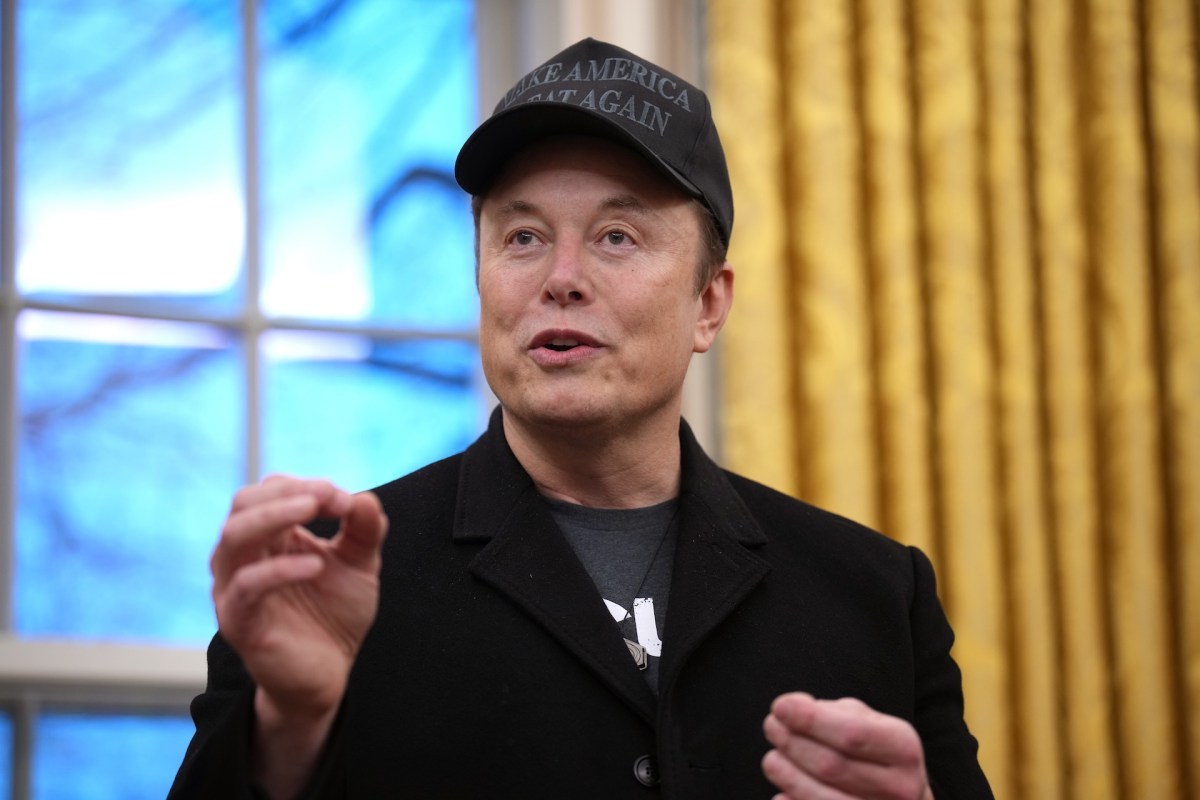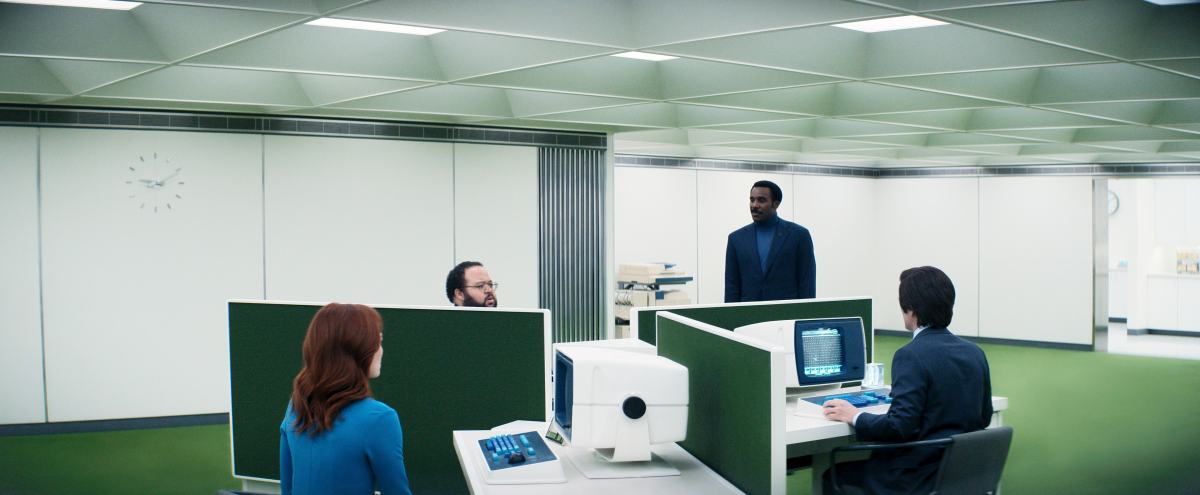In the heart of Silicon Valley, Ali Partovi has been a driving force behind the scenes, wielding significant influence despite not being a household name. Born in Iran and a Harvard alumnus, Partovi has built an impressive resume, having been part of the founding team of LinkExchange, which was acquired by Microsoft in 1998 for $265 million, and co-founding iLike, sold to MySpace in 2009 for a reported $20 million. He also co-founded the educational nonprofit Code.org with his twin brother, Hadi, and together they became early investors in tech giants such as Facebook, Airbnb, and Dropbox.
Although industry insiders have long recognized the significance of the Partovi brothers’ involvement in a startup, Ali’s profile is now rising beyond tech circles, thanks in large part to his eight-year-old venture firm, Neo, which has been working to revolutionize the way exceptional talent is discovered and has been developing some compelling proof points to back its approach.
Notable among Neo’s investments is its role as the first institution outside of Twitter to invest in Bluesky, a decentralized social network reportedly valued at $700 million in a recent funding round, and Kalshi, an online prediction market that saw a surge in popularity during the last U.S. presidential election.
Partovi, known for his unique blend of graciousness and tenacity, recently stated, “This year, for the first time, I can conclusively say that we are discovering the future superstars before anyone else.” This assertion is exemplified by Neo’s relationship with Michael Truell, which began in 2017 when Truell was a freshman at MIT.
During their initial meeting, Partovi gave Truell a coding test, which he completed in 15 minutes. This approach, using technical evaluations as a foundation for deeper conversations, is characteristic of Partovi’s method at Neo. The encounter marked the beginning of a relationship that could prove lucrative for both Partovi and Truell, as Truell later co-founded Anysphere, the maker of the popular AI-powered coding editor Cursor, which is now nearing a $10 billion valuation and may become one of Neo’s most successful investments.
Neo’s strategy represents a significant shift in the venture capital landscape, focusing on identifying exceptional individuals rather than established teams or market trends. Instead of betting on specific themes or teams, Partovi concentrates on nurturing the potential of talented individuals, often while they are still in college, through mentorship before they have incorporated a company.
For these college students, Partovi, along with his partners at Neo, Suzanne Xie and Emily Cohen, runs a “Neo Scholars” program. This program provides a $20,000 grant to take a gap semester, with no equity required, to 30 selected individuals each year.
In addition to the Neo Scholars program, Partovi established a more traditional accelerator program in 2022 for early-stage startups, offering funding and guidance to 20 companies annually.
Partovi’s approach is centered around coaxing individuals to take risks, step out of their comfort zones, and aim higher. This strategy requires patience, as evidenced by Partovi’s personal efforts in the early days of Neo, traveling the country to interview students and administer coding tests to find “tomorrow’s changemakers.”
The effectiveness of Partovi’s approach is evident in the success of Neo’s investments. Apart from Anysphere and Kalshi, Neo scholars have gone on to found companies like Cognition, valued at $4 billion; Pika Labs, valued at $700 million; and Chai Discovery, which raised $30 million from OpenAI and Thrive Capital.
Partovi noted with pride that last year, every one of OpenAI’s new graduate hires was a Neo scholar. When evaluating potential superstars, Partovi primarily focuses on three key qualities: technical ability, entrepreneurial inclination, and the willingness to challenge the status quo.
Technical ability is crucial because it enhances one’s thinking, as seen in examples like Jeff Bezos, Reed Hastings, and Larry Ellison, all of whom were computer science students who became legendary business leaders. Past entrepreneurial experience signals a propensity for risk-taking and a desire to build loved products. The third quality, challenging the status quo, speaks to a founder’s ability to question fundamental assumptions.
However, Partovi considers a fourth quality perhaps most vital: magnetism. He asks himself whether the individual’s smartest friends would be likely to join them if they started something new. This was notably evident in Truell, whose quiet confidence convinced Partovi that his smartest MIT friends would consider joining him.
As Neo’s reputation has grown, so has the competition to join its programs. Applications have doubled annually, according to Partovi, who emphasized that Neo has chosen to maintain selectivity over scale, unlike many venture firms that would expand to accommodate demand.
This philosophy extends to fund size. Neo recently closed on $320 million in fresh capital, only slightly more than the $235 million it collected in 2023, and Partovi’s personal stake in the newest fund increased significantly. Backers of Neo include notable figures such as Sheryl Sandberg, Bill Gates, and Reid Hoffman.
While Partovi is cautious about discussing unrealized returns, Neo’s early funds are performing exceptionally well. The first fund is already between three and four times its value, with potential for further growth, and the second fund has more than doubled from the Anysphere investment alone.
Regarding the current challenging exit market, Partovi advises founders to focus on building enduring value rather than obsessing over making money. He encourages them to create products that are so wonderful that people love them, with money being the result, not the goal.
Pictured above are Partovi and his partners at Neo, Suzanne Xie and Emily Cohen.
Source Link





